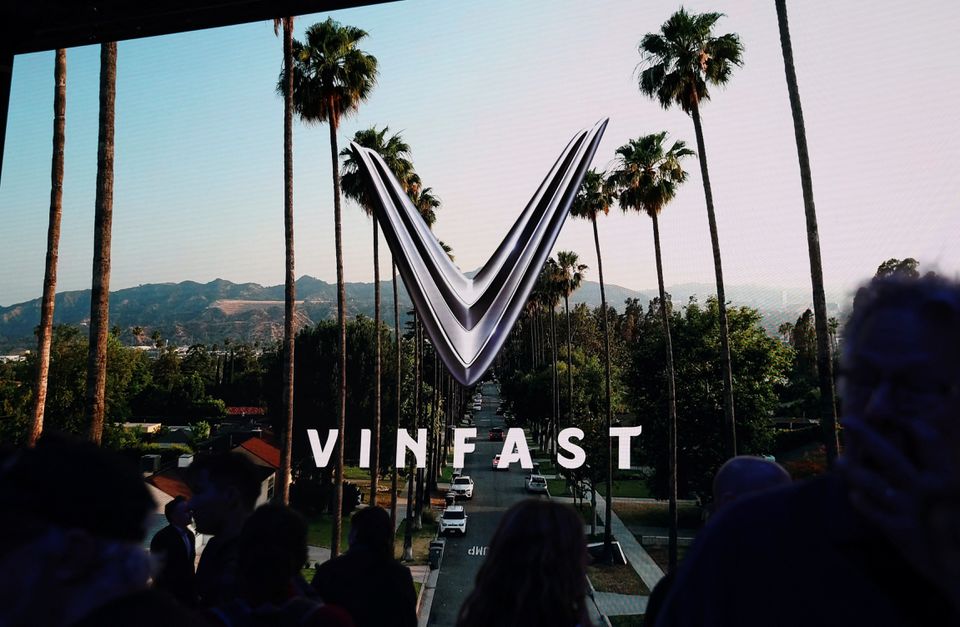Source : PTI | New Delhi: Vietnam’s electric car maker VinFast Auto on Thursday said it is planning to invest up to USD 200 million (nearly Rs 1,665 crore) to set up assembly units in India and Indonesia with production expected to commence by 2026. VinFast, a competitor of American electric carmaker Tesla, “is aiming to access the tremendous potential for increased EV adoption in India and Indonesia where EV penetration is currently only 1 per cent”, the company said, citing media reports in its third quarter earnings statement.
“The establishment of VinFast facilities in these local markets can provide access to government incentives for local manufacturing, relief from certain tariffs and taxes and access to raw materials at attractive rates,” it said. Each CKD (completely knocked down) facility in “Indonesia and India has a planned total capacity of up to 50,000 cars per year and an estimated total capital expenditure of USD 150-200 million in phase 1”, the company said, adding, “Production is expected to commence by 2026”.
The company, however, did not elaborate further on where the plant will be set up in India and what models will be assembled. It has a range of passenger electric vehicles such as VF6, VF7, and VF8, which are five-seaters, along with seven-seater VF9.
VinFast said it has optimised its capital expenditure plan for global manufacturing in 2024 and 2025, which is expected to save about USD 400 million, compared to earlier guidance.
“These savings are expected to be used towards building CKD factories in Indonesia, the most populous country in Southeast Asia, and India, the third largest auto market in the world,” the statement said.
“VinFast is on track to meet its deliveries guidance and is well-positioned to expand in strategic markets such as Indonesia and India,” company CFO David Mansfield said.
The company’s announcement comes at a time when Tesla has been actively planning to enter the Indian market.
The US-based electric vehicle maker is also looking to source components worth around USD 1.9 billion this year against USD 1 billion in the last year.











